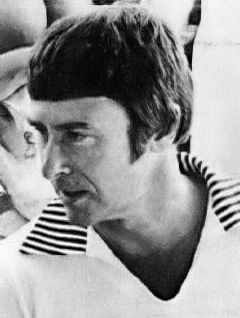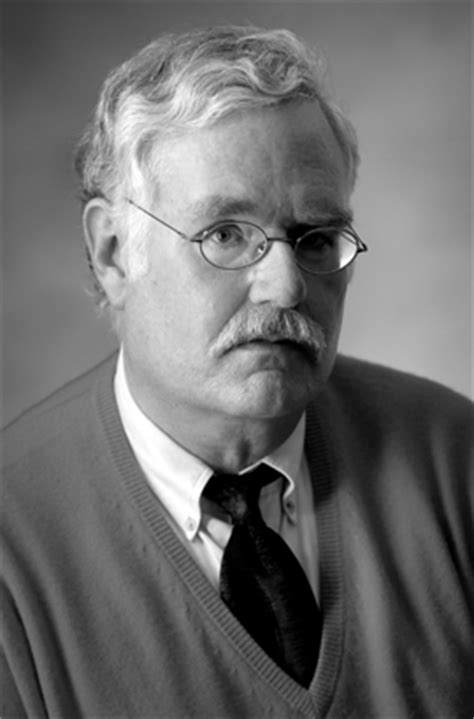A Quote by Martin Rees
Space doesn't offer an escape from Earth's problems. And even with nuclear fuel, the transit time to nearby stars exceeds a human lifetime. Interstellar travel is therefore, in my view, an enterprise for post-humans, evolved from our species not via natural selection, but by design.
Related Quotes
It is the hope of those who work toward the breakout from planet Earth that the establishment of permanent, self-sustaining colonies of humans off-Earth will ... make human life forever unkillable, removing it from the endangered species list, where it now stands on a fragile Earth overarmed with nuclear weapons. Second, the opening of virtually unlimited new land areas in space will reduce territorial pressures and therefore diminish warfare on Earth itself.
Mars is the next frontier, what the Wild West was, what America was 500 years ago. It's time to strike out anew....Mars is where the action is for the next thousand years....The characteristic of human nature, and perhaps our simian branch of the family, is curiosity and exploration. When we stop doing that, we won't be humans anymore. I've seen far more in my lifetime than I ever dreamed. Many of our problems on Earth can only be solved by space technology....The next step is in space. It's inevitable.
There is no other species on Earth that does science. It is, so far, entirely a human invention, evolved by natural selection in the cerebral cortex for one simple reason: it works. It is not perfect. It can be misused. It is only a tool. But it is by far the best tool we have, self-correcting, ongoing, applicable to everything.
To science we owe dramatic changes in our smug self-image. Astronomy taught us that our Earth is not the center of the universe, but merely one of nine planets circling one of billions of stars. From biology we learned that humans were not specially created by God but evolved along with tens of millions of other species.
Natural selection is the blind watchmaker, blind because it does not see ahead, does not plan consequences, has no purpose in view. Yet the living results of natural selection overwhelmingly impress us with the appearance of design as if by a master watchmaker, impress us with the illusion of design and planning.
The future of life on earth depends on our ability to take action. Many individuals are doing what they can, but real success can only come if there's a change in our societies and our economics and in our politics. I've been lucky in my lifetime to see some of the greatest spectacles that the natural world has to offer. Surely we have a responsibility to leave for future generations a planet that is healthy, inhabitable by all species
The frontier in space, embodied in the space colony, is one in which the interactions between humans and their environment is so much more sensitive and interactive and less tolerant of irresponsibility than it is on the whole surface of the Earth. We are going to learn how to relate to the Earth and our own natural environment here by looking seriously at space colony ecologies.
Group selection and individual selection are just two of the selection processes that have played important roles in evolution. There also is selection within individual organisms (intragenomic conflict), and selection among multi-species communities (an idea that now is getting attention in work on the human microbiome). All four of these levels of selection find a place in multi-level selection theory.
A new space race has begun, and most Americans are not even aware of it. This race is not about political prestige or military power. This new race involves the whole human species in a contest against time. All of the people of the Earth are in a desperate race against disaster... To save the Earth we must look beyond it, to interplanetary space. To present the collapse of civilization and the end of the world as we know it, we must understand that our planet does not exist in isolation.
Creationists argue that natural selection is only a negative process, and therefore cannot create anything. Chopra argues that skepticism is only a negative process, and therefore does not lead to knowledge. Both are wrong for the same reasons. They ignore the generation of diversity and new ideas upon which natural selection and skepticism acts. Weeding out the unfit is critical to both - natural selection allows evolution to proceed, and skepticism allows science to advance.

































